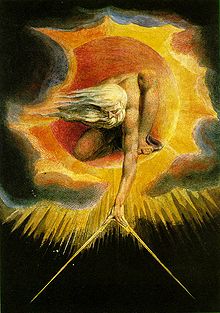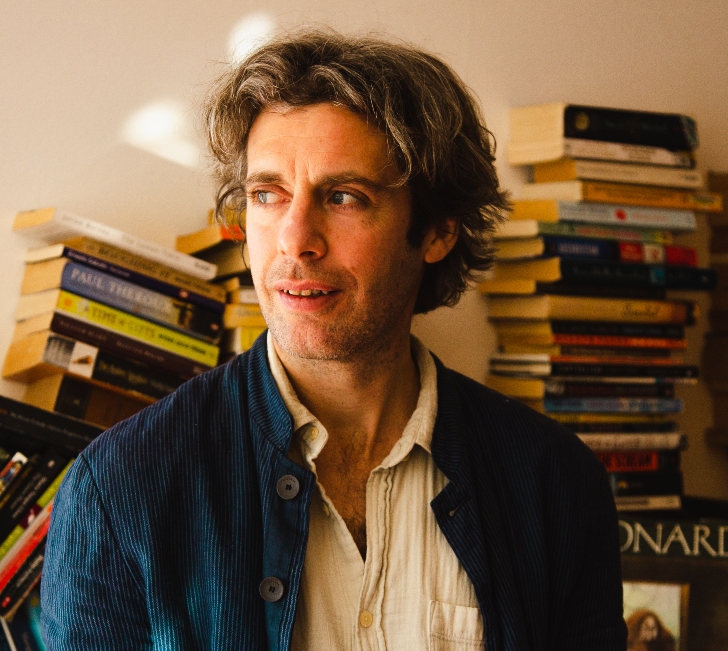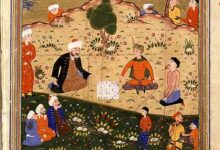
“To see a world in a grain of sand
And a heaven in a wild flower,
Hold infinity in the palm of your hand
And eternity in an hour.”
William Blake was born in London, 1757, a soul born out of time, out of place. In another culture he might have been hailed as a mystic or the illuminated genius that many today now hold him to have been. Instead he struggled in poverty for most of his life self-publishing his own works in a society that neither comprehended nor cared much for his vision.
Blake came form a modest background but his exceptional artistic talents could not be denied and he was apprenticed for seven years to a local engraver. Blake later invented a new but rather costly method of engraving copper plates that enabled him to lay down the words and images at the same time. Typically, he claimed that the inspiration came from a dream.
To the disappointment of some who would like to mythologize Blake as an Eastern mystic, the poet was very much influenced by Christianity; albeit of a gentle world of angels and cherubim that he claimed to have been conversing with since an early age. Had be been born a century earlier such a claim may well have attracted the attention of the witch hunters.
Yet many of the images of Blake’s poetry seem straight out of some Taoist classic or a Japanese anthology of haiku. Amid his rambling childlike style a sudden line will catch you unawares and leave you without power to respond.
“Eternity is in love with the productions of time.”
It’s no easy matter to write poetry of the affairs of Angels, Heaven, Hell and Eternity. Blake allows himself the licence of scribing the metaphysical through the voice of a child. At times he could as well being singing a rhyme in the corner of the playground as at others he takes the suffering of his age and renders it eternal.
Some are born to sweet delight.
Every night and every morn
Some to misery are born.
Some are born to sweet delight,
Some are born to endless night.”
It’s also easy to see how Blake was little appreciated in his own day. That an impoverished poet gave himself licence to write with such authority on the Divine must have struck some as presumptuous. No doubt also Blake’s liberality in an England deep in the throes of religious and moral Puritanism must have gone down rather poorly.
“Prisons are built with stones of Law, Brothels with bricks of Religion”.
Blake appears to have lived a content life with his wife, Catharine though they struggled to sell his self-published works. He received better recompense for his artistic endeavours and from time to time was commissioned for private work.
Yet for almost every artist the lack of recognition is a continual anguish and in later life Blake despaired of the failure of his work to make any great impact upon society. He became increasingly eccentric to the point that some considered him mad.
He died in 1827 as England was already in the grips of the ‘dark, satanic mills’ which would forever change the shape of ‘England’s green and pleasant land’.
Yet had Blake known that the above verses from Jerusalem would one day become an unofficial national anthem he may have taken heart that his work was not in vain. Nor could he have foreseen a time when society would again turn to mystic verse in search of understanding of itself. Today Blake is considered by many to be an illuminated poet that ranks alongside the likes of Shakespeare, Rumi and Li Po.







